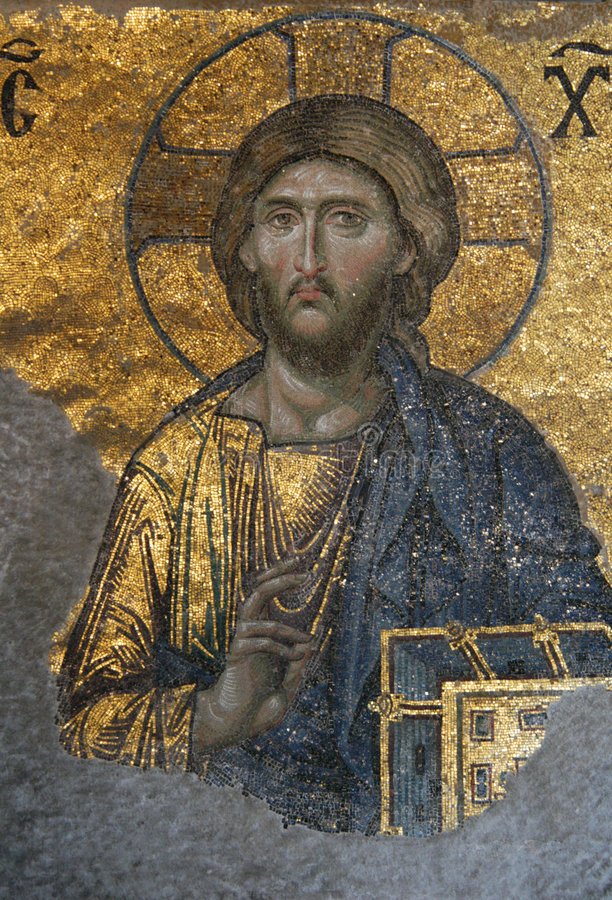Fourth Sunday of Lent
I like to begin with the last sentence from the gospel of this Sunday and then move to the beginning two sentences of the same gospel. The last sentence reads: ‘Whoever lives the truth comes to the light, so that his or her works may be clearly seen as done in God’ (John 3:21). Is this not something we all aspire to, to live the truth? This is what brings meaning to one’s life; this is what makes us free and joyful. It is what reveals our true face and helps us glimpse the face of God. But ‘living the truth’ is no small matter. It involves I think what is said in the first two sentences of the gospel: ‘Just as Moses lifted up the serpent in the desert, so must the Son of Man be lifted up, so that everyone who believes in him may have eternal life. For God so loved the world that he gave us his only Son…’ (John 3:14-15). Jesus offered his life totally and was raised up, and in his raising, he opened for us life, life that is divine and so ‘eternal’. The image of ‘lifting up’ has a ‘saving effect’. For us, living the truth involves surrender, dying to all that is not true, and is not giving life. We die, like the seed falling into the ground, for more life, for more of the truth of God’s life and our lives to be revealed….As we surrender we are lifted up to a more profound level of seeing and believing: we see more the truth of our selves and one another….We are lifted up to see yet again the love God has for us.
The commentators that I read all refer to this gospel as revealing the immense love of God. Von Balthasar says it the most clearly: “The Gospel gives us a chance to revise our understanding of divine judgment during a time of repentance. The decisive point is that whoever scorns God’s love condemns himself. God is not at all eager to condemn people. God is nothing but love, love that goes as far as his sacrificing his Son out of love for the world” (Light of the Word, p.177-178). It seems to me that ‘living the truth’ is possible only so far as we know and receive this love that God has for us…and we know it most concretely through the self-offering of Jesus. The closer we can come to Christ in his Word and through how he lived, the closer we are to experiencing and receiving God’s love.
The reality that Jesus became fully human says his humanity is bound up with ours, whether we are aware of it or not. This is how close God’s love is. To read again from von Balthasar’s commentary: “The whole question is whether we accept God’s love so that it can prove effective and fruitful in us, or whether we cower in our darkness in order to evade the light of love” (p.178). These are powerful images: our acceptance of God’s love makes this love ‘effective and fruitful in us’…imagine this! Or, dear sisters, do we rather ‘cower in our darkness’ fearful of the truth of where we are in any given moment…forgetting that love encompasses any truth. We are raised up to a deeper and fuller truth by love.
To summarize what I gleaned in my lectio on this gospel: to live the truth involves dying, surrender, letting go and we will be raised up by love. To live the truth pivots around our faith: do we accept God’s love for us moment within moment. Our faith is not static; it needs to be renewed daily. So we are ushered into the fourth Sunday and week of Lent remembering God’s great gift of love given to us in Jesus.
Joseph the Just, Attentive to God’s Voice
“If you knew the gift of God…” Jesus said to the Samaritan woman. Today this gift is offered to Joseph in a dream. And Joseph welcomes it and shows us


